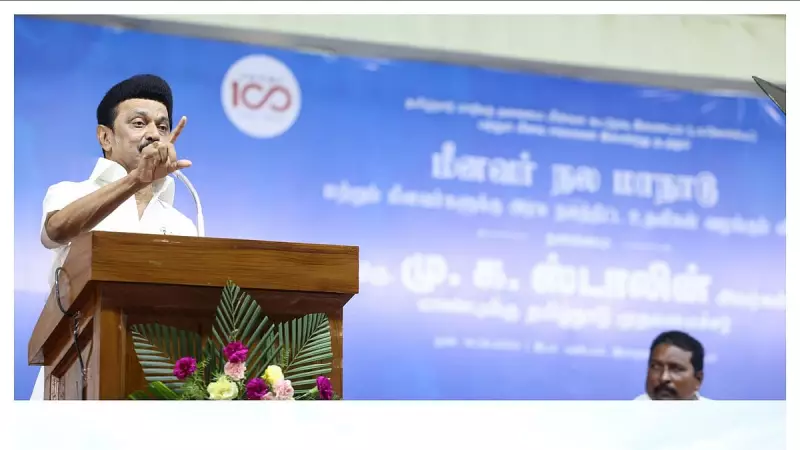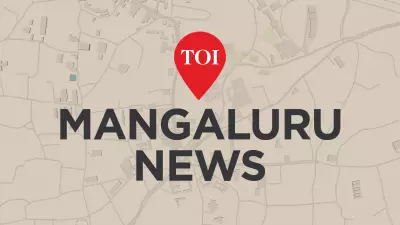
Tamil Nadu Chief Minister MK Stalin has declared an unwavering stance against Governor RN Ravi, demanding the establishment of fixed timelines for gubernatorial decisions on bills passed by the state legislature. The DMK leader's strong position comes amid escalating tensions between the elected government and the Raj Bhavan over pending legislation.
Constitutional Standoff Intensifies
Addressing the media at the Chennai airport before his departure to Delhi, Chief Minister Stalin emphasized that his government would not rest until concrete timelines are established for the Governor to act on bills. The political confrontation has reached a critical juncture with 13 bills currently awaiting the Governor's approval, some of which have been pending for nearly two years.
Stalin revealed that he plans to raise this pressing constitutional issue with national opposition leaders during his visit to the capital. The Tamil Nadu government has been consistently highlighting what it describes as "unwarranted delays" in the gubernatorial approval process, arguing that such delays undermine the democratic will of the people.
Legal and Political Battle Escalates
The state government has already approached the Supreme Court seeking intervention in the matter. The apex court is scheduled to hear the case on January 22, 2024, where the Tamil Nadu government will present its arguments regarding the Governor's alleged failure to perform constitutional duties.
This legal move represents a significant escalation in the ongoing conflict between the DMK-led state government and the Governor's office. The pending bills cover various sectors including education, public health, and administrative reforms, with their implementation stalled due to the approval deadlock.
National Implications and Strategy
Chief Minister Stalin's decision to discuss the matter with national opposition leaders indicates his government's strategy to build broader political consensus around the issue. The Tamil Nadu government contends that the current situation represents a constitutional crisis that requires immediate resolution to preserve democratic norms.
The DMK administration has been particularly vocal about what it perceives as systematic obstruction from the Governor's office, arguing that such delays effectively paralyze governance and development initiatives in the state. The government maintains that establishing clear timelines for gubernatorial action is essential for smooth functioning of the state's administrative machinery.
As the January 22 Supreme Court hearing approaches, all eyes are on the judicial outcome that could set significant precedents for center-state relations and the role of governors in India's federal structure. The Tamil Nadu government remains determined to pursue all constitutional avenues to resolve what it describes as an unprecedented delay in the approval of legislatively passed bills.





